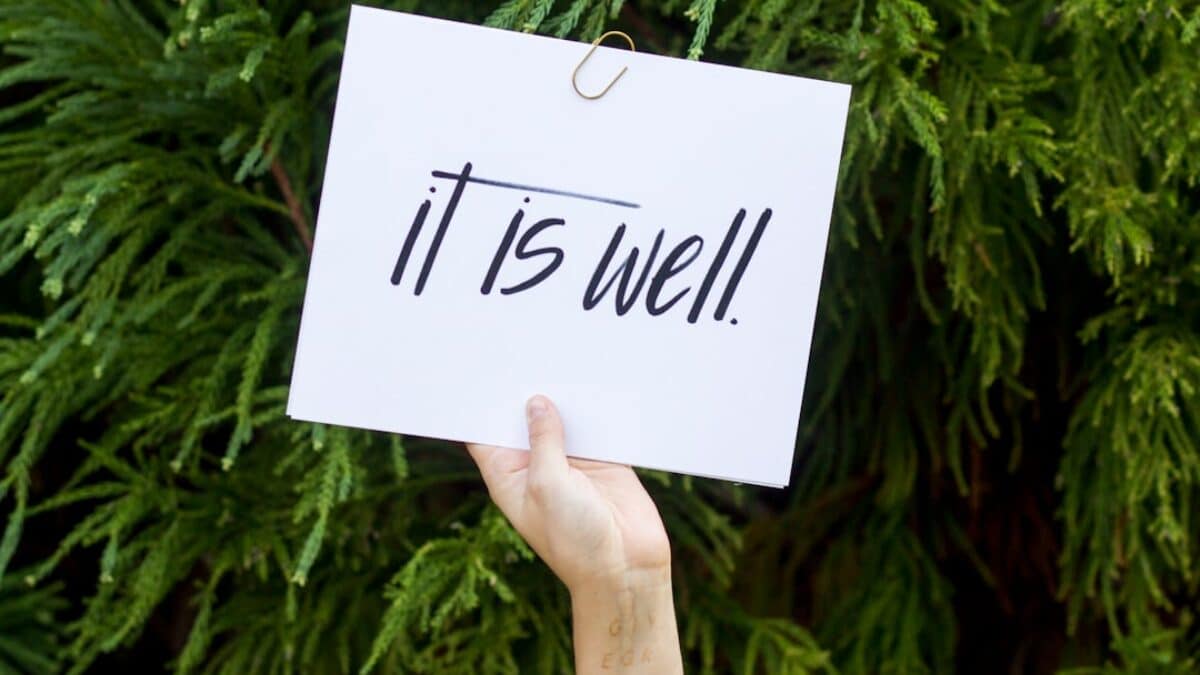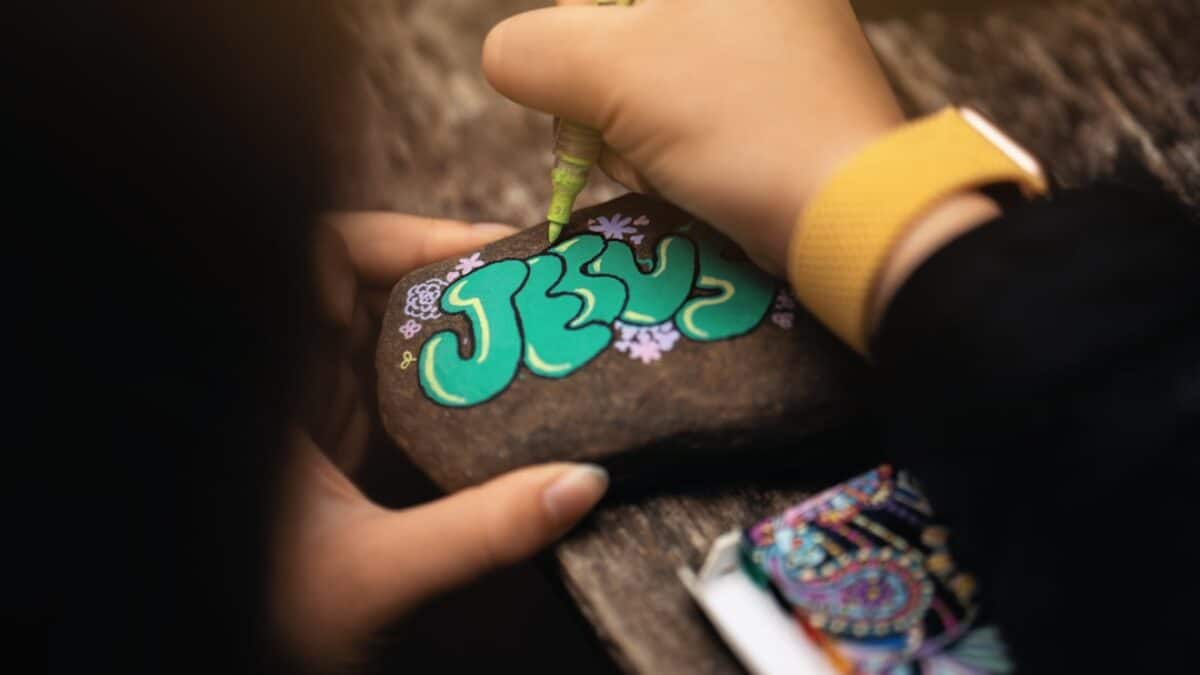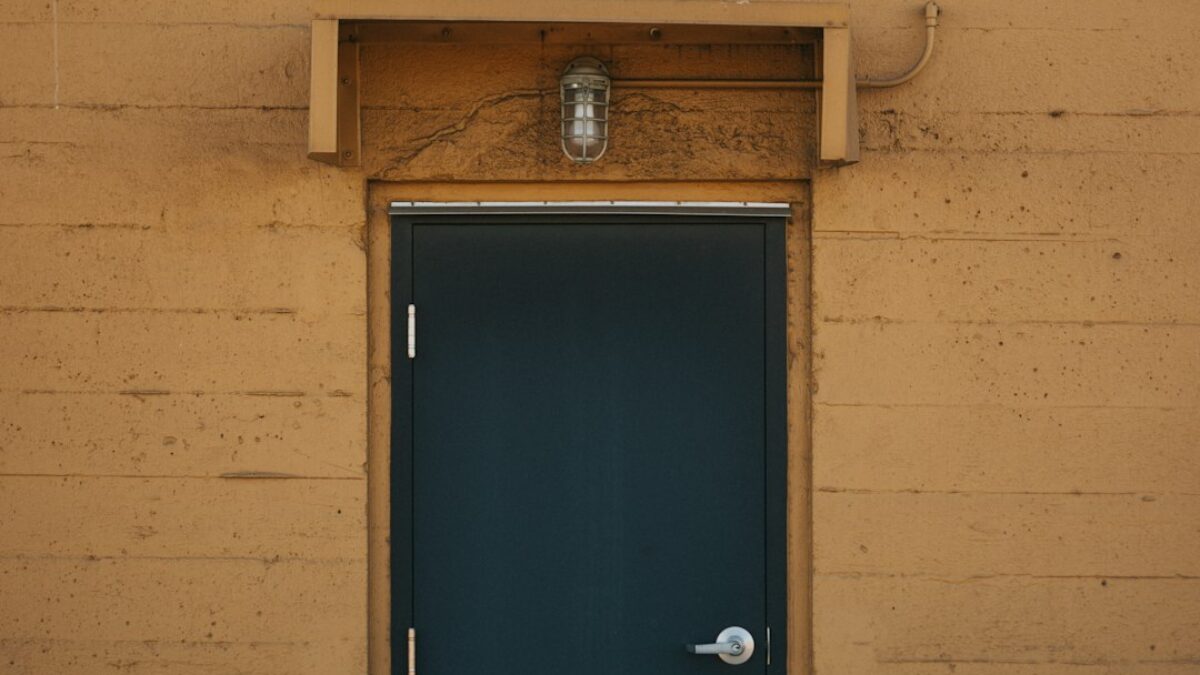Life is a tapestry of moments—some bright with joy, others shadowed by hardship. When storms of anxiety, grief, illness, or financial strain descend, people naturally seek immediate solace. In the Islamic tradition, that immediate solace is often found in duas: intimate, heartfelt supplications that connect the believer to the boundless mercy of Allah. This article explores the most powerful duas for instant relief in life’s toughest difficulties, how they work, and how you can integrate them into daily life for lasting spiritual resilience.
Understanding the Nature and Power of Duas
At the core of every dua is dialogue with the Divine. The Arabic word duʿāʾ literally means “to call out,” but it transcends mere speech. A dua is the soul’s plea, a conscious transfer of burdens from the finite self to the infinite mercy of Allah.
What Makes a Dua “Powerful”?
- Purity of Intention (ikhlāṣ)
- Presence of Heart (ḥuḍūr al-qalb)
- Concordance with Sunnah—using words taught by the Prophet ﷺ
- Timing—after obligatory prayers, in the last third of the night, during rain, or between adhāand iqāmah
- Persistence—repetition with patience and hope
The Science of Relief: Psychological and Spiritual Dimensions
Modern psychology confirms what the Qur’an has stated for over 1400 years: “Remember Me, and I will remember you” (2:152). Reciting duas with presence activates the parasympathetic nervous system, lowering cortisol levels. Spiritually, the act of tawakkul (trust) diminishes anxiety and fosters resilience.
Key Components of Effective Duas for Crisis
Authentic Sources: Qur’an and Sunnah
Every dua in this article is sourced from the Qur’an or rigorously authenticated ḥadīth. This safeguards against innovation (bidʿah) and ensures alignment with divine wisdom.
Prerequisites for Acceptance
- Halal income and food—a pre-condition mentioned by the Prophet ﷺ.
- Facing the qiblah and raising the hands, following the prophetic etiquette.
- Praising Allah first (al-ḥamdu lillāh) and sending salawat upon the Prophet ﷺ before petition.
- Confidential whispering—avoiding loud theatrical displays.
The Three Layers of Meaning in Prophetic Duas
| Layer | Explanation | Example |
|---|---|---|
| Linguistic | Literal Arabic meaning | Allāhumma inni aʿūdhu bika minal-hammi wa-l-ḥazn – “O Allah, I seek refuge in You from worry and grief.” |
| Spiritual | Connection to divine names & attributes | Seeking refuge through al-Salām (the Source of Peace). |
| Transformative | Internal shift in perception | Relief through realizing Allah is greater than the problem. |
Benefits and Importance of Reciting Duas in Crisis
Immediate Psychological Soothing
Reciting “Hasbunā Allāh wa-niʿma-l-wakīl” (3:173) instantly redirects the mind from panic to trust. Brain-imaging studies (e.g., Newberg, 2015) show a rapid drop in amygdala hyperactivity when subjects recite liturgical phrases with meditative focus.
Long-Term Spiritual Resilience
- Strengthens taqwā (God-consciousness)
- Builds ṣabr (patience) and shukr (gratitude) in tandem
- Creates a “dua journal” effect—seeing past prayers answered increases future hope
Community Benefits
When families recite duas together, especially during calamities, they reinforce collective resilience. Children observe adults turning to Allah, internalizing healthy coping mechanisms.
Practical Applications: Duas for Specific Difficulties
Dua for Overwhelming Anxiety or Panic
Arabic:
Allāhumma inni ʿabduka, ibnu ʿabdika, ibnu amatika,āsiyati biyadika…
Translation:
“O Allah, I am Your slave, son of Your male and female slaves; my forelock is in Your hand…” (full dua in Ṣaḥīḥ Muslim 2719)
How to Apply:
- Perform wuḍūʾ to calm physiological arousal.
- Recite once in Arabic, then once in your native language for deeper understanding.
- Place your right hand over your heart and breathe slowly while repeating “ya Salām” 33 times.
Dua for Financial Distress
Arabic:
Allāhumma akfini bi-ḥalālika ʿan ḥarāmik, wa-aʿghnini bi-faḍlika ʿamman siwāk.
Translation:
“O Allah, suffice me with what You have made lawful so that I have no need of what You have made unlawful, and enrich me by Your bounty so that I have no need of anyone besides You.” (Tirmidhī 3563)
Real-World Example:
A small-business owner, Ahmad, faced bankruptcy during COVID-19. After adopting this dua post-Fajr daily, he received an unexpected grant from a local waqf fund within three weeks. While not miraculous for everyone, Ahmad credits the internal shift from desperation to tawakkul as the true benefit.
Dua for Severe Illness
Prophetic Ruqya: Recite al-Fātiḥah seven times and blow lightly on the affected area (Bukhārī 5736). Duas of Ayyūb (as): “Anni massaniya al-ḍurru wa-anta arḥamu ar-rāḥimī” (21:83). Actionable Steps:
Combine dua with medical treatment (Prophetic guidance). Recite after every obligatory prayer while placing the hand over the site of pain. Ask family members to recite collectively—raising group morale.
Dua for Grief and Bereavement
Arabic:
Inna lillāhi mā akhadha wa-lahu mā aʿṭā, kullu shay’in ʿindahu bi-ajalin musammā… faṣbir wa-ḥtasib.
Translation:
“Indeed to Allah belongs what He took, and to Him belongs what He gave; everything has a decreed term… so be patient and seek reward.” (Bukhārī 1284)
Practical Ritual:
Create a “memory dua circle” on the 40th day after a loved one’s passing. Family sits in a circle, recites this dua 313 times, and shares positive memories. Studies on grief therapy show communal storytelling reduces complicated grief by 30 %.
Dua for Oppression or Injustice
Arabic:
Allāhumma anta ʿadhūdi, wa antaāṣirī… (supplication of the Prophet ﷺ at Ṭā’if)
Modern Case Study:
A Muslim employee facing workplace discrimination recited this dua during tahajjud for 21 nights. While the legal battle continued, the employee reported reduced anger and increased strategic clarity, eventually leading to a mediated settlement.
Dua for Family Conflict
- Recite Surah al-Furqā 25:74 in pairs: spouses recite together after every ṣalāh for seven days.
- Follow with ṣadaqah—small charity—symbolically releasing malice.
Frequently Asked Questions
What if I don’t feel any relief after reciting?
The absence of instant emotional change does not equate to dua rejection. Allah’s wisdom may delay relief for reasons beyond our perception—perhaps to deepen patience, cleanse sins, or avert unseen harm. Continue reciting while actively seeking lawful means (medicine, counseling, financial planning). The Prophet ﷺ said: “The dua of everyone is granted so long as he does not grow impatient.” (Bukhārī 6340)
Can I make dua in my native language instead of Arabic?
Yes—especially for personal, heartfelt pleas. Arabic remains superior for prophetic duas to retain exact wording and blessings (barakah). A balanced approach is to recite the Arabic first, then expand in your language to articulate nuances.
Is there a specific number or time that guarantees acceptance?
No single formula is guaranteed, but the last third of the night, between adhāand iqāmah, and after prostration are high-acceptance windows. Numbers like 3, 7, or 33 are Sunnah repetitions, not magic formulas. Intention and presence outweigh quantity.
How do I teach these duas to young children?
- Use rhythmic recitation—kids memorize faster with melody.
- Pair each dua with a story (e.g., Prophet Yunus in the belly of the whale).
- Create a “dua sticker chart”: every recitation earns a star leading to a small reward.
Can women recite these duas during menstruation?
Yes—all supplications without ritual ṣalāh are permissible. Menstruation does not restrict dhikr, dua, or reading Qur’anic verses without touching the muṣḥaf.
What if I mispronounce the Arabic?
Effort is rewarded. The Prophet ﷺ said: “One who is skilled in the Qur’an is with the noble angels; one who stutters gets double reward.” (Bukhārī 4937) Gradually refine pronunciation with a teacher, but never delay dua for fear of imperfection.
Is collective dua more effective than individual dua?
Both have merits. Collective dua increases barakah through unity, but solitary dua fosters deeper introspection. Combine both: weekly family dua circles and nightly personal sessions.
Conclusion
In the labyrinth of life’s hardest trials, prophetic duas are luminous threads guiding us back to serenity. They are not mere
























Post Comment